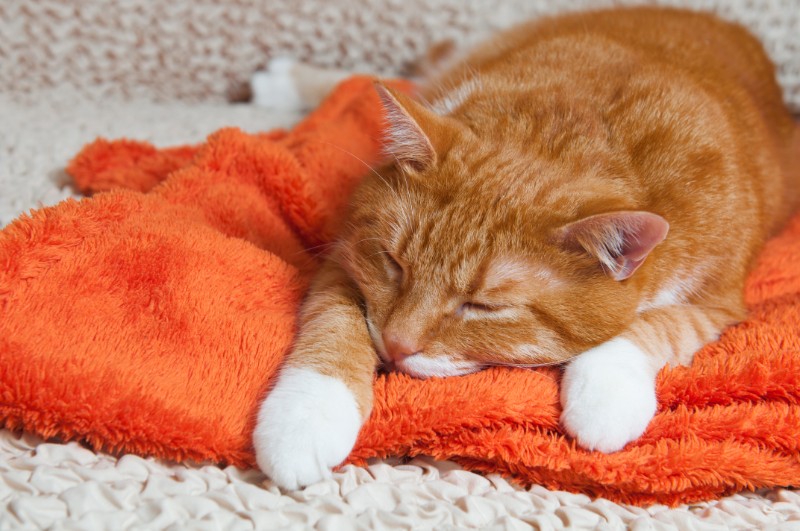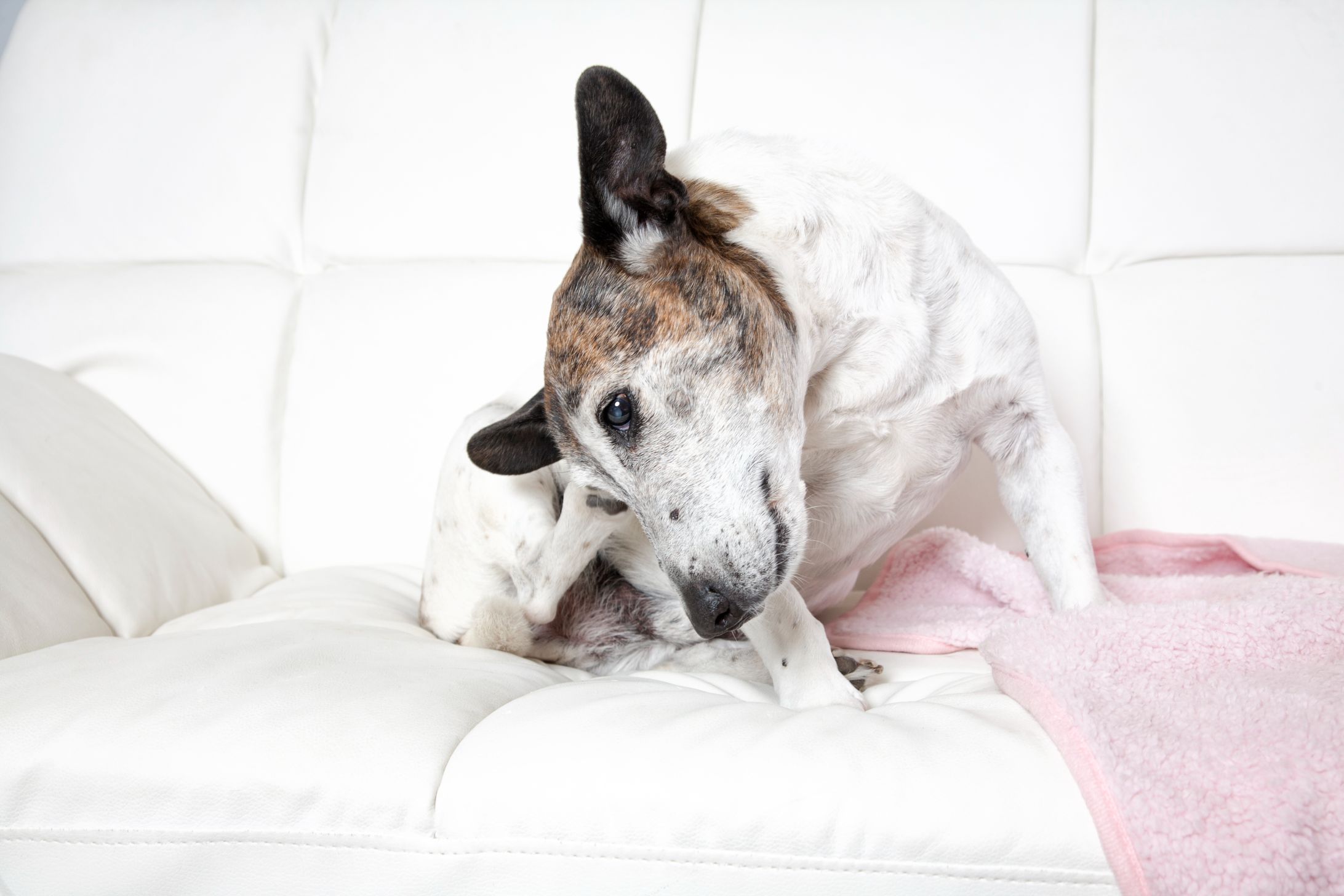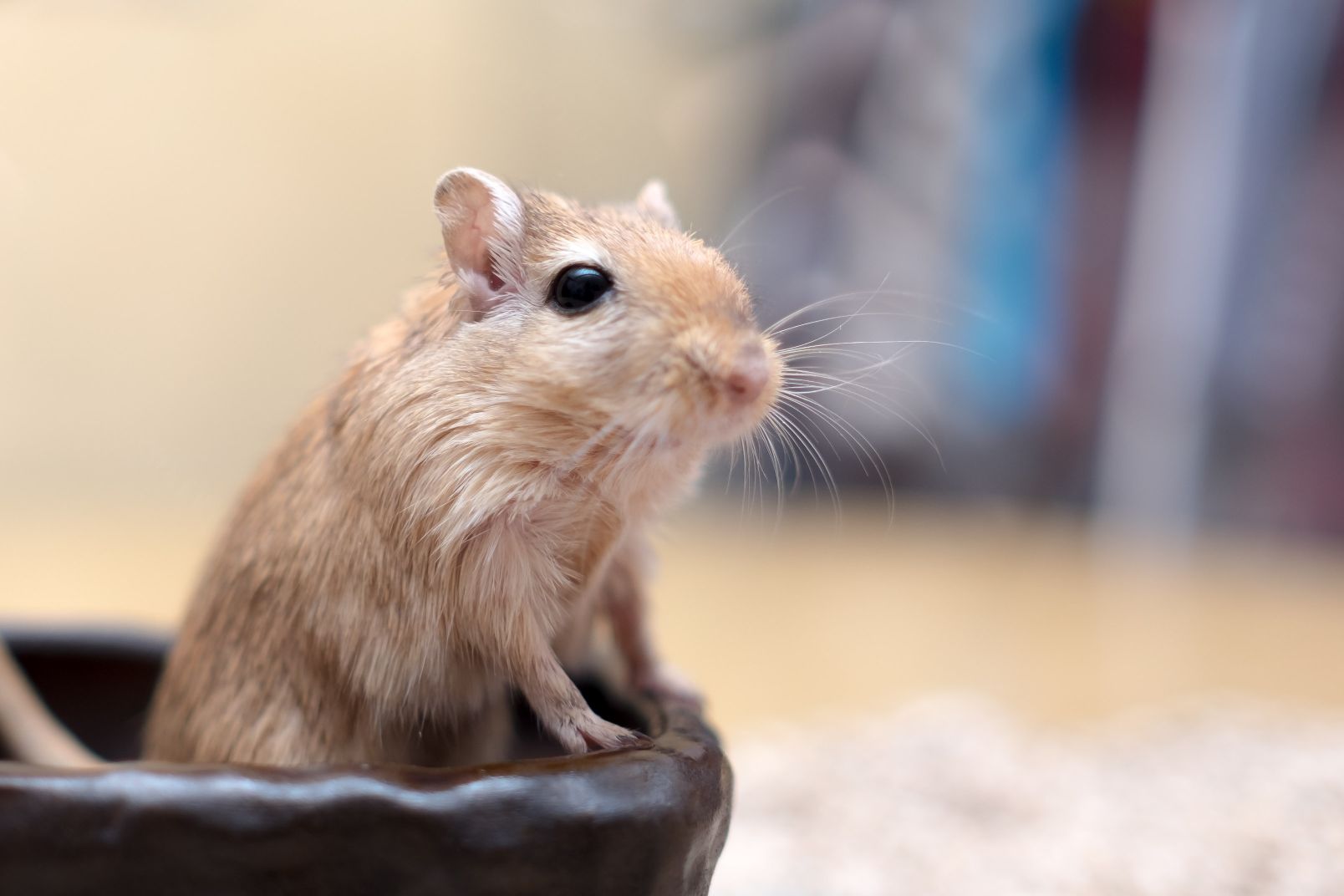
Cats can be elusive which is a trait most feline fanciers appreciate. Your cat may like to hide, slink about, and lie in wait for the perfect time to ambush your ankles. However, there are times when their health could be in jeopardy and the signs aren’t always obvious. There are some symptoms (albeit subtle ones) that cat owners should know about so they can help their pet stay as healthy as possible.
A Word About Hiding
When cats hide, it’s not always indicative of illness or injury. However, if it’s unusual for your cat to hide (especially when you call them), it could be a sign that something is wrong. Of course, even if your cat remains in plain sight, they may still be hiding symptoms of illness.
Jumping to Conclusions
Although cats are adept at covering up signs of pain or discomfort, there are some definite red flags that owners should know about. Please give us a call if you observe any of the following:
- Loss of appetite
- Changes in weight (either gain or loss)
- Increased thirst/urination
- Litter box issues
- Vomiting or diarrhea (with or without blood)
- Sleeping more or less
- Bad breath
- Crying out or other uncharacteristic vocalization
- Clinginess
- Hiding (or not responding when called or offered treats)
- Impaired grooming/unkempt coat
- Decreased mobility
- Pain when touched
My Cat is Sick
It’s not uncommon for owners of fiercely independent cats to assume the worst in the wake of sudden changes in behavior. We understand it can be shocking and frightening, but if your cat is sick, the best thing you can do for them is to seek help. Diagnostics or lab work may be required, as well as surgery, medication, or other life-supporting measures.
A Wide Range
Common conditions among cats include dental disease, heart disease, poisoning, cancer, diabetes, respiratory infections, urinary infections, infectious diseases like FIV or feline leukemia, issues from internal/external parasites, and more.
Since cats are so skilled at masking symptoms, maintaining routine wellness exams should be a top priority. We concentrate on disease prevention, dental care, nutrition, and all aspects of feline health. Staying ahead of developing medical issues can also reduce the costs of emergency care and/or treatments later on.
Looking Ahead
Most owners know when their senior cat is sick because they’ve likely been together for a decade or more. However, owners of young kittens may not immediately recognize the signs or be able to identify when their young cat is sick. Remaining on high alert is important, but being able to quickly and effectively communicate symptoms to your veterinarian is essential.
If you have additional questions about whether or not your cat is sick, please don’t hesitate to contact us. The team at Summeridge Animal Hospital is always here for you and your pet!



